Dir: Istvan Szabo. Canada/UK/Hungary. 2004. 105mins.
Older adults will find many pleasures in IstvanSzabo's cheerful period comedy Being Julia which plays like DangerousLiasions-light in the world of 1930s London theatre. Dominated by astupendously entertaining performance from Annette Bening, which covers overmany of the cracks in the film's lumpy structure, it is an eminentlyappropriate film festival opener for Toronto, followed by Vancouver next month.
Whether it can make an impression in the busy end-of-yearspecialised box office is less clear. Other sharply-written British periodpieces like Liaisons, Gosford Park and Howards End managedlong runs in arthouses and respectable box office grosses as a result of theirstrong support from critics and a clutch of awards and nominations. All threebagged Oscars for their screenplays.
Being Julia,however, has problems in its screenplay by (2002 Oscar winner) Ronald Harwoodadapted from Somerset Maugham's short novel Theatre. While much of thedialogue sparkles, the pace is uneven and the second act loses the spring inthe step and sense of intrigue which Szabo and Harwood maintained for thefirst.
Bening is the great hope for awards attention thatcould help swell box office returns. Attacking the part of flamboyant West Endstage queen Julia Lambert with a glee that is infectious, she reminds us what amagnificent screen presence she possesses. Lambert is a dream part for anyactress - she is a temperamental, moody, dazzlingly charismatic, intermittentlygood-hearted diva who manipulates all in her path. But Bening, armed withhilariously haughty Edith Evans-style RADA accent, makes it her own. If thefilm is ultimately forgettable - and of course comedies tend not to fare wellin the Oscar race - awards voters can hardly fail to remember Bening.
The film starts in 1938 as Lambert headlines anotherhit show in London produced by her husband Michael Gosselyn (Irons). She andMichael have an open relationship based on keen fondness for each other, butJulia is bored and aware that she is fast becoming "a woman of a certain age."
Enter Tom Fennell (Evans), an enthusiastic andhandsome young American anxious to get ahead on the London social scene whoinveigles his way into Gosselyn's company and declares himself to Julia as herbiggest fan. Flattered by his attentions, she embarks on a passionate affairwith him, one that gives her a new lease of life.
However, Fennell reveals his true colours on a houseparty weekend away when he ignores Julia and instead woos budding actress AviceCrichton (Punch). A genuinely distraught Julia is forced to confront thereality that Fennell was using her and flees to her mother (Harris) on thechannel island of Jersey.
On her return to London, the newly fortified Juliasets about reclaiming her supremacy. Having encouraged her husband to castAvice in their new play, she embarks on a set-up which will leave her back ontop.
Shot in both London and Budapest (doubling forpre-war London), Being Julia is anopulent production and boasts a fine supporting cast of British stalwartsalthough some - Gambon (as the ghost of Julia's mentor), Harris and RitaTushingham - are under-used. Irons is his usual sturdy self as Michael andPunch, who made her mark as an evil stepsister in Ella Enchanted, isdelicious as Avice. The weak link in the cast is Evans, an English actorplaying American who lacks the sexual allure which would surely attract a womanlike Julia.
Prod cos: Serendipity Point Films, First Choice Films
US dist: Sony Pictures Classics
Int'l sales: Summit Entertainment
Prod: Robert Lantos
Scr: Ronald Harwood, based on thenovel Theatre by W Somerset Maugham
Cine: Lajos Koltai
Prod des: Luciana Arrighi
Ed: Susan Shipton
Mus: Mychael Danna
Main cast: Annette Bening, JeremyIrons, Bruce Greenwood, Miriam Margolyes, Juliet Stevenson, Shaun Evans, LucyPunch, Maury Chaykin, Sheila McCarthy, Michael Gambon, Rosemary Harris, LeighLawson, Rita Tushingham, Thomas Sturridge





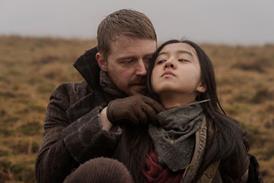







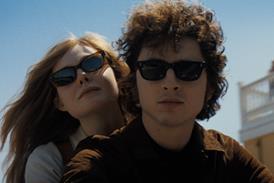
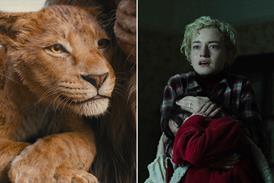
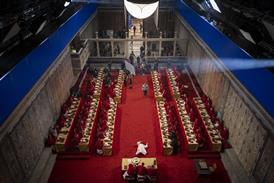
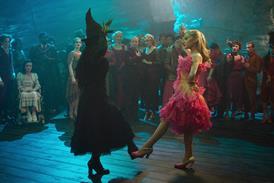
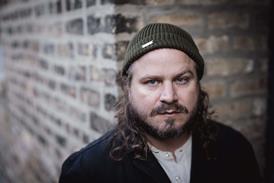

No comments yet